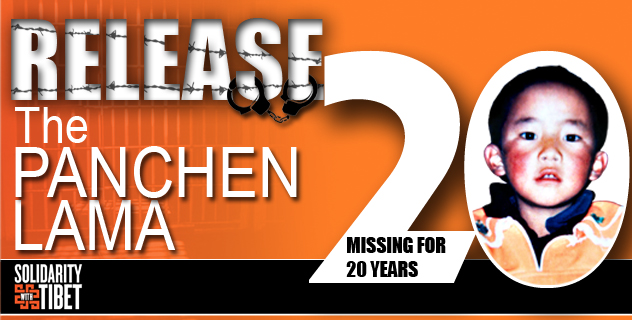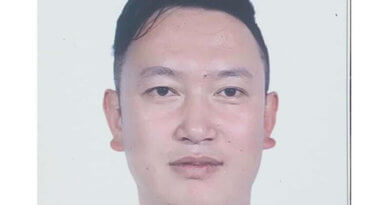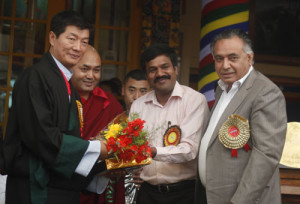China’s Intensifying Crackdown On Freedom: Li Ying, His Followers and Transnational Repression
By Tsering Choephel
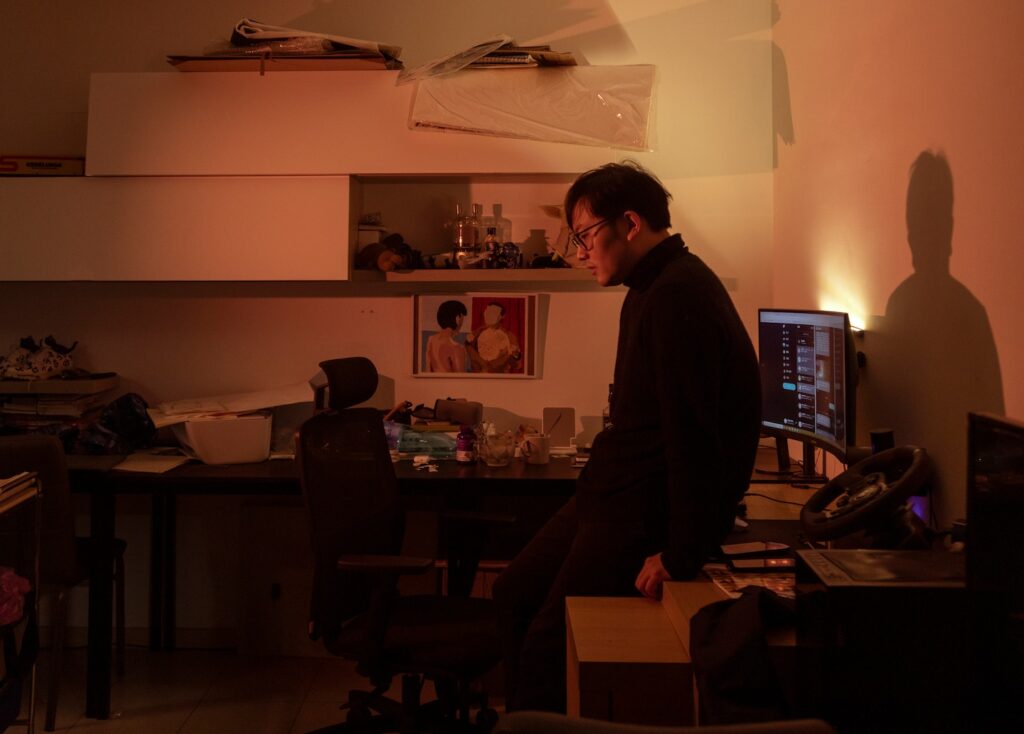
DHARAMSALA, 19 March: Li Ying, a Chinese artist-turned-dissident in Italy’s followers on X(formerly Twitter) who are living in China are being tracked and threatened by Chinese police, signifying Beijing’s widening crackdown on foreign social media sites, the CNN reported on Monday.
Li’s X account gained prominence following his live-streaming of the large protest in China against Xi’s zero-covid policy in 2022. He reposted photos and videos on X that his followers from China sent him before they disappeared under China’s heavy censorship. Documenting everything from school scandals and factory fires to migrant workers’ wage protests, Li’s account has become a crucial source of information for people in China and beyond — exposing a reality of Chinese life that Beijing doesn’t want the world and its own citizens to see, says the report.
A Chinese lawyer, Lee, who has been circumventing China’s Great Firewall — meaning China’s heavy internet control and censorship — for over a decade without a problem, was summoned by the police last month.
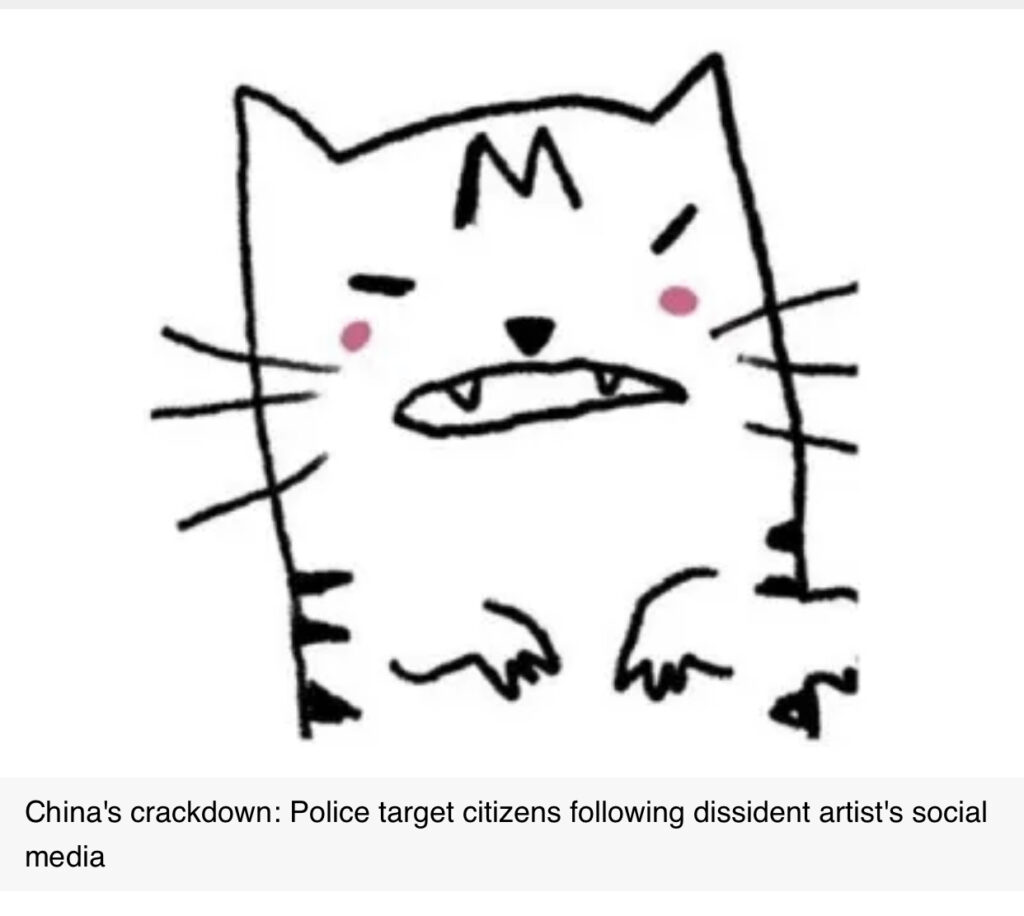
The Chinese Communist Party’s (CCP) tight control of free speech – censoring, interrogating, detaining, and jailing those who criticize the Party or its leader Xi has been the norm and in recent years been intensifying.
However, Lee, who avoids politically sensitive topics, when he arrived at the police station learned that it’s not what he posts but who he follows that earned him the attention of state police scrutiny, says the report.
“The police asked me if I followed the account ‘Teacher Li is not your teacher,’ but I honestly didn’t know,” Lee said in an interview. He logged into X under the watch of the officer, found the account, and unfollowed it on the spot, he said.
Li Ying’s X account has a cat avatar and 1.6 million followers with a line that translates to “Teacher Li is not your teacher.”
In line with CCP’s practice of ‘Transnational Repression,’ where it threatens Chinese dissidents and rights activists living in the free world to silence them, the report says that the Chinese police have paid frequent visits to Li’s parents, interrogating his friends, classmates, and contacts on Chinese social media, and freezing his bank accounts and mobile payments. But to no avail on Li’s dissident activism.
On 25 February, Li warned his followers in China that China’s Ministry of Public Security was going through his 1.6 million followers “one by one” to track and summon them once they were identified. He wrote to them on X under the title “emergent notice” that he “Suggest anyone who feels scared to just unfollow me, you can bookmark one of my tweets or search my account name to read about the day’s news in the future.”
In just a few days, he lost some 200,000 followers, which even surprised Li himself. “I certainly knew it would cause some panic, but I didn’t expect the panic to reach such an extent,” Li said. “It shows that fear is more deeply rooted in our hearts than freedom.” In the report, he said that police harassment of his followers had been increasing drastically in recent months, with more than 100 followers across China in December last year alone informing him of Police summoning them over following his account.
Yaqiu Wang, research director for China at Freedom House, a US-based advocacy group, confirmed the China’s intensifying crackdown on freedom within China.
“To the authorities, following a certain account means that you are thinking of the wrong things in your head and should be punished, in other words, committing ‘thought crimes,’” she said. “This is a clear sign of the Chinese government’s further tightening control of freedom of expression in the country.”
Many China observers and experts have expressed concern over the deteriorating overall freedom in China since Xi took power, with policies becoming more severe that they compare it to the period of Cultural Revolution during Mao’s rule.




